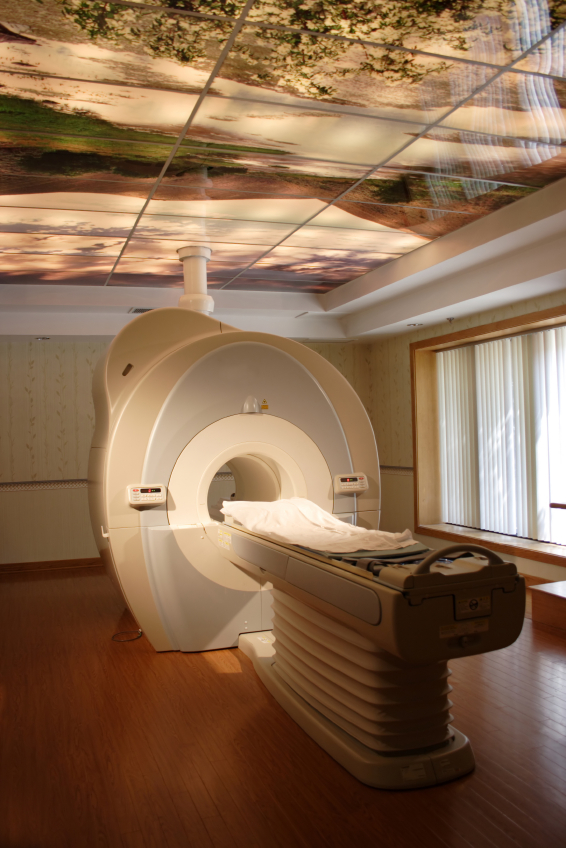Core F: Neuroimaging
The Neuroimaging Core is a Core that leverages neuroimaging expertise in molecular, functional, and structural imaging to serve the neuroimaging research needs of the Massachusetts ADRC (MADRC). The Neuroimaging Program was previously embedded within the Clinical Core, but given the growing number of MADRC affiliated neuroimaging based research projects and the increasing importance of neuroimaging in NIH and industry supported multi-center AD studies, we have expanded into a fully fledged Neuroimaging Core to provide cutting-edge support to ongoing and new neuroimaging projects.
We seek to:
Aim 1: To support the neuroimaging components of MADRC affiliated research studies, implement standardized MRI and PET acquisition protocols and provide expertise on image analysis for Projects 1 and 2, affiliated R01, R21, and PPG imaging studies and MADRC pilot projects.
Aim 2: To support neuroimaging acquisition for multi-center AD research studies, neuroimaging data for Alzheimer’s Disease Neuroimaging Initiative (ADNI), Dominantly Inherited Alzheimer Network (DIAN), Neuroimaging in FTD (NIFD), NIH and industry-sponsored multi-center clinical trials.
Aim 3: To acquire, catalogue, and store multi-modality image datasets from MADRC Longitudinal Cohort (LC) subjects, links to available imaging data.
Aim 4: To facilitate the implementation of amyloid imaging and novel PET tracers into MADRC-affiliated research studies, support for utilizing new radiopharmaceuticals, including markers for tau, inflammation, and mGluR5 receptors.
Aim 5: To implement sensitive analytic techniques for volumetric MRI, ctical thinning in AD and FTD subtypes to aid in early detection and differential diagnosis.
Aim 6: To optimize and validate innovative imaging techniques for early AD research, or “task-free” functional connectivity MRI and “connectome” measures of white matter fiber tracts.
Aim 7: To provide neuroimaging expertise and education imaging research, and guidance to clinicians and the lay public regarding media reports on advances in neuroimaging research and the appropriate use of new neuroimaging techniques in clinical practice.

